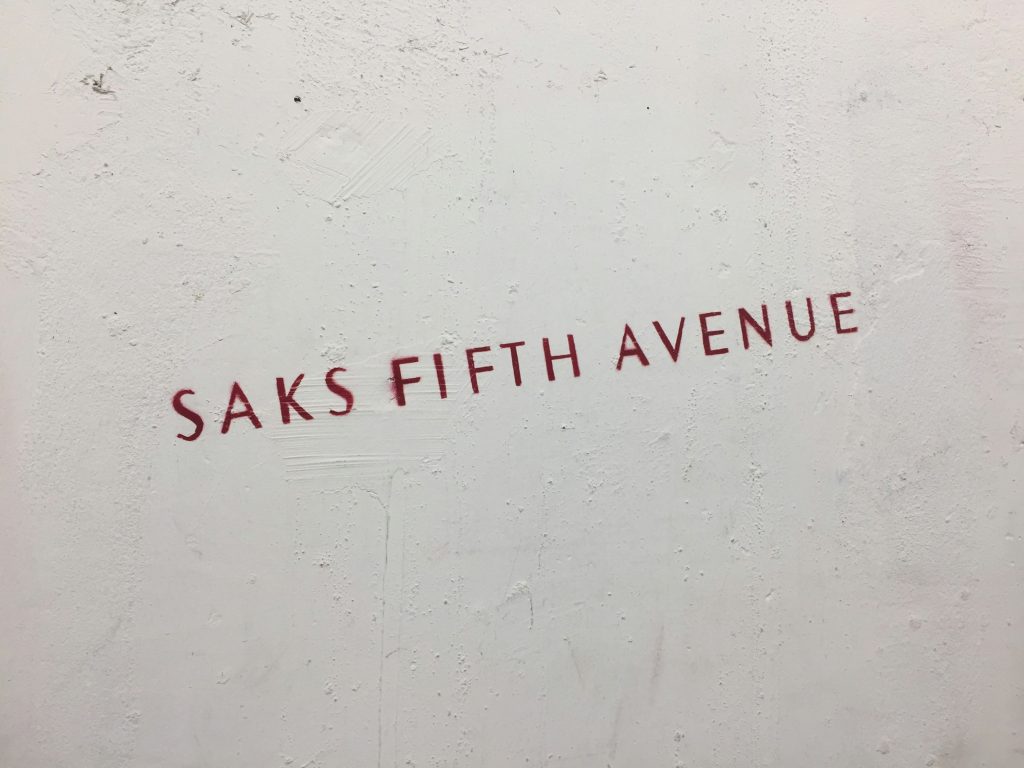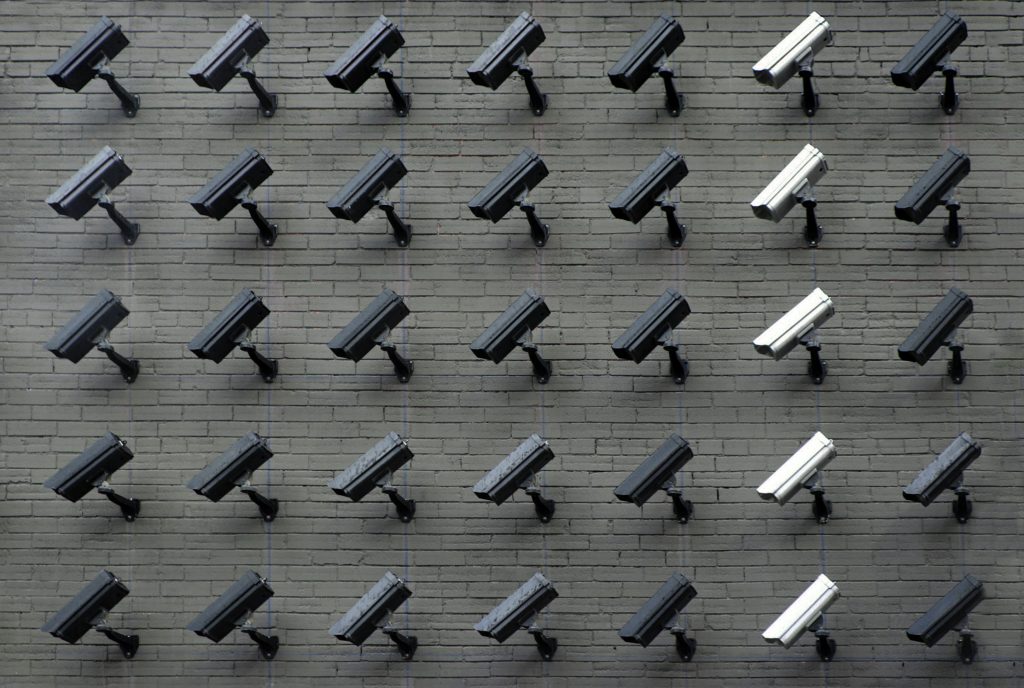Should Hotels Be Classified as Single Asset Real Estate?
PDF Available
By Ryan Deutsch*
The recent enactment of the Small Business Reorganization Act of 2019 (“SBRA”) has generated significant discussion in the bankruptcy world.[1] The SBRA created Subchapter V of Chapter 11 to distinguish small business bankruptcies from typical larger Chapter 11 cases. The goal of the SBRA is to streamline the bankruptcy process for Chapter 11 debtors by reducing costs, and offering other enticing benefits.[2] Usually, the SBRA only applies to debtors with secured and unsecured debts of less than $2,726,000.[3] However, the recent passage of the Coronavirus Aid, Relief, and Economic Security Act[4] (“CARES Act”) extended this debt ceiling to $7,500,000.[5] This extension expands the number of debtors qualifying for Subchapter V bankruptcy by a significant magnitude.
Thus, debtors that ordinarily would not qualify for Subchapter V benefits are permitted, at least for a brief period, to capitalize on these benefits. Many small hotel chains are filing for Subchapter V due to the recent downturn in the industry caused by the COVID-19 pandemic. However, a hurdle arises for hotels seeking Subchapter V benefits—escaping single asset real estate (“SARE”) classification. The SARE classification bars debtors from filing under Subchapter V.[6] The Bankruptcy Code defines Single Asset Real Estate as the following:
The term “single asset real estate” means real property constituting a single property or project, other than residential real property with fewer than 4 residential units, which generates substantially all of the gross income of a debtor . . . and on which no substantial business is being conducted by a debtor other than the business of operating the real property and activities incidental thereto.[7]
On April 20, 2021, a Florida Bankruptcy court issued an opinion addressing whether a hotel filing for Subchapter V benefits classified as a SARE Debtor.[8] The Debtor, ENKOGS1, LLC, owned and operated a seventy-nine-room hotel.[9] Bankruptcy Judge Karen Jennemann, who presided over the case, noted that although the phrasing of the SARE statutory definition is somewhat puzzling, it essentially requires a debtor to show they do more than just manage the real property.[10]
Courts have interpreted the statute as imposing the following three requirements for characterizing a Debtor’s case as a SARE: (1) the debtor must have real property constituting a single property or project, (2) which generates substantially all of the gross income of the debtor, and (3) on which no substantial business is conducted other than the business of operating the real property and activities thereto.[11]
Most of the SARE debate in this case focused around the third prong of the test. Determining whether an entity qualifies as a SARE is a fact specific analysis. In this case, the Debtor hotel employed fifteen individuals, provided room cleaning services, laundry services, internet/wi-fi services, phone services, parking, complimentary breakfast, a swimming pool, and a fitness center.[12] Judge Jennemann found that this collection of services excluded the hotel from SARE status.
Judge Jennemann’s decision states that “[e]very amenity is designed to attract guests to choose that hotel over other lodging options. And every amenity is essential to the hotel’s financial success.” Additionally, Judge Jennemann reasons, “Even hotels that offer fewer services at no additional charge will require more staff, more cost, and more effort than companies managing vacant land or even an apartment complex where tenants sign a one-year lease and require little additional assistance.”[13]
These statements beg two assumptions. First, that there must be different levels of effort deployed by apartment complex management and hotel management. And second, that hotels are a unique industry in their use of amenities to attract guests for financial success.
Judge Jennemann’s reasons for distinguishing hotels from apartment complexes as a SARE classification are problematic under a critical examination. For instance, the decision reads, “the hotel has no-expectation that short-term, overnight guests, for example, will fix a drippy bathroom sink.”[14] However, residents of apartment complexes are also often not required to fix their sinks and amenities. Instead, tenants often rely on an emergency maintenance technician to come to their apartment. Maintenance Technicians come even in the wee hours of the night. The same comparison can be made for other services the Debtor hotel offers. For example, most apartment complexes provide wi-fi, swimming pools, a fitness center, and study or conference rooms. Especially in the era of COVID-19, apartment complexes are taking extra precautions to clean these facilities often, just as a hotel would require cleaning daily. Thus, apartment complexes use the same amount as effort as hotels by having maintenance on call as frequently as hotels.
Additionally, although tenants often do not check in to apartment complexes after business hours, leasing officers require commendable effort to ensure that each room is ready for move-in and guiding the new tenant through the move-in process. Leasing managers make up for their lack of twenty-four-hour duty for the extra time with the tenant during the check-in process. As already mentioned, if any crisis comes up in the middle of the night, tenants can often call emergency maintenance to solve those issues. Therefore, apartment complexes and hotels are not quite as distinguishable from a managerial effort standpoint or when looking at services provided.
Furthermore, it is not entirely true that hotels are unique in using amenities to diversify themselves from competition. Apartment complexes often strategically design their facilities to include amenities that diversify their complex from competitors. Thus, apartment complexes like hotels offer unique amenities to attract potential tenants from rival businesses. Whether in the form of a resort-style pool, a bonfire pit, or a unique putting green, apartment complexes advocate to potential tenants on why they are different from the competition. Thus, hotels and apartment complexes are not so different in their desire to provide distinctive amenities to create financial success.
Since the beginning of the COVID-19 pandemic, it is no secret that many industries are losing business compared to pre-pandemic times. Congress recognized this and extended the CARES Act to March of 2022 to provide a window of opportunity for industries to remedy their financial ruin. Hotels are of the industries hit hardest, and while the debt ceiling for filing under Subchapter V remains at the peak of $7,500,000, many hotels will try to use this window as an opportunity to file. In turn, many debtor hotels will face challenges from creditors attempting to classify the hotel as SARE. However, relying on Judge Jennemann’s opinion, it appears hotels will have a jump start in litigating around SARE status.
*J.D. Candidate, Class of 2023, Arizona State University Sandra Day O’Connor College of Law.
[1] Small Business Reorganization Act of 2019, Pub. L. No. 116-54, 133 Stat. 1079.
[2] James Blake Bailey & Edwin G. Rice, The Small Business Reorganization Act, Tampa Bay Bus. & Wealth, (Feb. 26, 2020), https://tbbwmag.com/2020/02/26/the-small-business-reorganization-act/.
[3] Id.
[4] Coronavirus Aid, Relief, and Economic Security Act, sec. 1113, Pub. L. No. 116-136, 134 Stat. 281, 310 (2020).
[5] President Biden signed the “CARES Extension Act of 2021” to extend the expiration dates of certain bankruptcy provisions, including the debt ceiling for small businesses, until at least Mar. 27, 2022. See COVID-19 Bankruptcy Relief Extension Act of 2021, sec. 2, Pub. L. No. 117-5, 135 Stat. 249.
[6] 11 U.S.C. § 1182(1)(A).
[7] 11 U.S.C. § 101(51B).
[8] In re ENKOGS1, LLC, 626 B.R. 860, 861 (Bankr. M.D. Fla. 2021).
[9] Id.
[10] Id. at 862.
[11] E.g., In re Scotia P. Co., LLC, 508 F.3d 214, 220 (5th Cir. 2007).
[12] Supra note 9, at 863.
[13] Id. at 864.
[14] Id. at 864.


